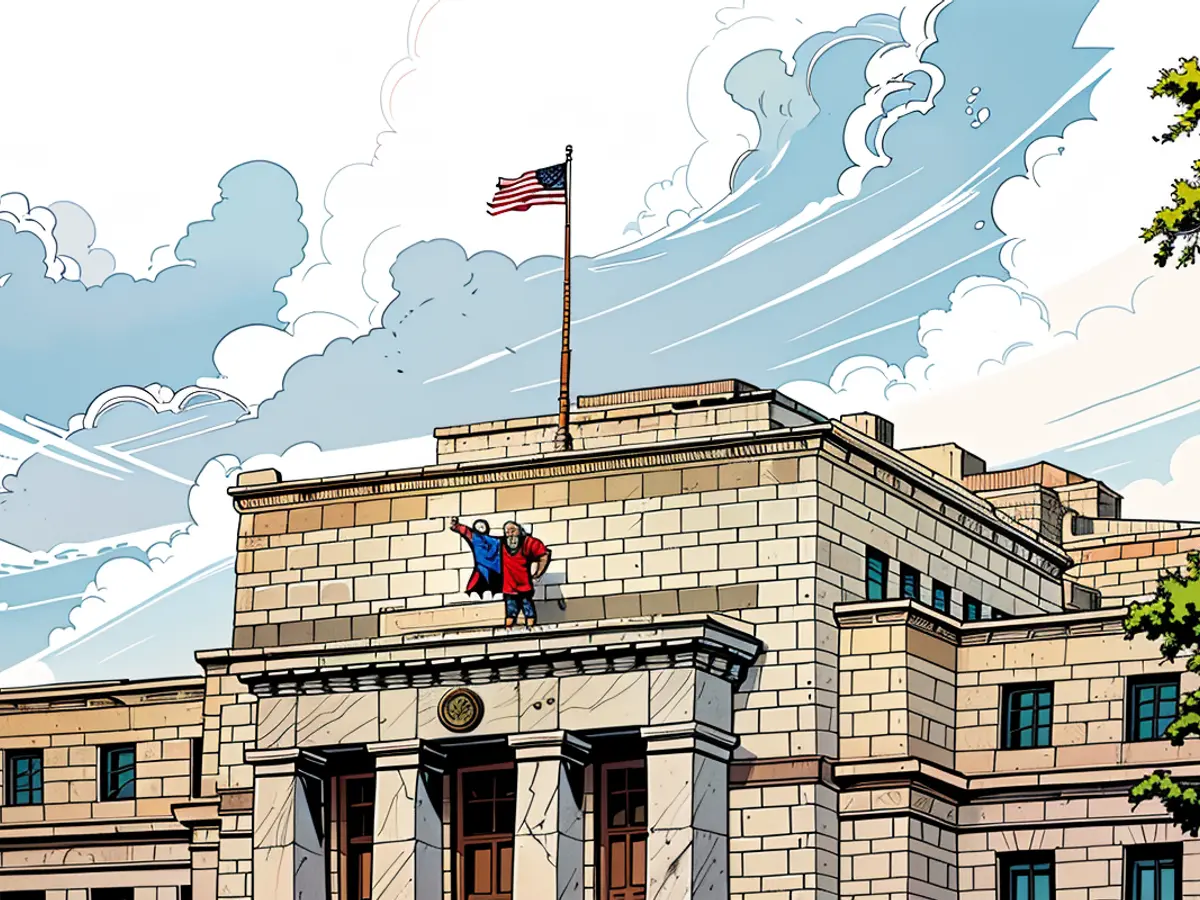The employment figure exceeded all predictions, sparking a wave of grievances concerning the Federal Reserve.
When recent data showed on a Friday that the job market was more vigorous than even the Federal Reserve chair anticipated, some analysts viewed this as a chance to participate in what Philipp Carlsson-Szlezak, Boston Consulting Group's chief economist, referred to as "everyone's favorite hobby:" criticizing the Fed.
Questions such as "Did the Fed truly need to lower rates in September, let alone by 0.5 percentage points?" were raised by Seema Shah, chief global strategist at Principal Asset Management, in a message on Friday. James Knightley, chief international economist at ING, stated in a statement: "The Fed should be elevating rates with statistics like these, not decreasing them."
Even before the Fed's September rate reduction, some investors had criticized the central bank for not reducing at its July policy meeting and argued that officials were behind the curve. Powell defended the decision during the press conference, asserting that the Fed was not playing catch-up.
Second-guessing the Fed is not a novel concept, obviously. Central bank officials themselves acknowledge the uncertainty inherent in their work, particularly when the economy reaches turning points. However, attempting to decipher that uncertainty is an essential part of their duties.
There is never a one-size-fits-all view of the economy's health or trajectory. Economists do not always agree, which means the Fed will always face some criticism.
Even Fed officials do not always align with the central bank's actions, like Fed Governor Michelle Bowman, the lone dissenter to the Fed's decision to reduce rates by half a point in September. She preferred a quarter-point reduction, explaining in a statement that "the committee's more comprehensive policy move could be seen as an early celebration of victory on our price stability mandate."
Without the inclination to follow the data, even if it leads in unforeseen directions, Fed officials could not adjust to unforeseen events—such as a jobs report that exceeds everyone's expectations.
“This isn’t an exact science”
Fed officials are not reluctant to admit that they do not always have faith in how the U.S. economy will develop. In fact, a common phrase in their interest-rate statements reads: "the economic outlook is uncertain." Translation: We're not completely certain what will happen, but here's our best guess.
This is not to deny the intricate economic projections that analysts and the hundreds of researchers at the Fed create based on solid government data, and in some instances, real-time statistics from private enterprises.
However, economics is not a hard science. Instead, it's a complex, intricate web of financial decisions individuals make.
“This isn’t an exact science, even if some individuals sometimes pretend it's that way,” Carlsson-Szlezak said. “The Fed is attempting to perform all of this by looking in the rear-view mirror because all the data describe the past, and you have people shouting at you from Wall Street, Washington, and the press, telling you that you're stupid.”
He noted that there is a "tendency in our public discourse" to "dissect things and still spin it into something that's unfavorable."
For now, with inflation approaching the Fed's 2% target and the job market continuing to post robust gains, the optimists appear to be experiencing a moment.
“I'm more optimistic today than I was yesterday—and I was optimistic then,” Gina Bolvin, president of Bolvin Wealth Management Group, wrote in a message on Friday.
The ongoing rigorous job market data has potential implications for the economy and business, as some analysts are now debating if the Fed's interest rate cuts were necessary or adequate.
Reflecting on the complex nature of economics, Philipp Carlsson-Szlezak, Boston Consulting Group's chief economist, acknowledged that the Fed's role involves making decisions based on past data and dealing with constant criticism from various sectors.








